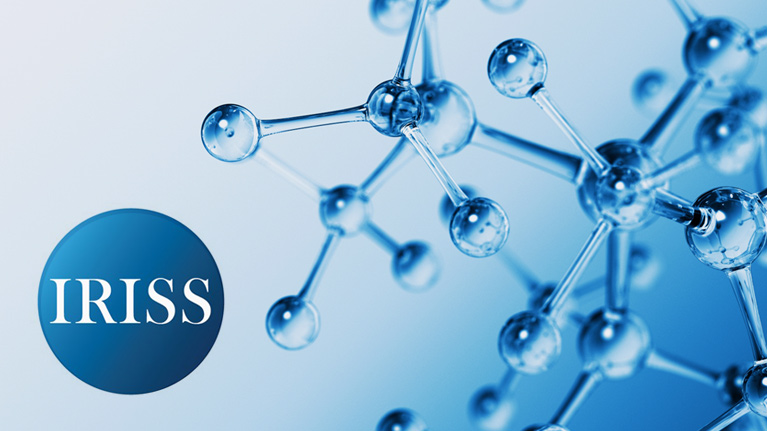New materials, products and processes for a sustainable future
Tekniker participates in the European IRISS project to accelerate the transition to safe and sustainable design from the early stages of development.

Early-stage interventions in terms of design and manufacturing are required for both to ensure sustainable materials for humans and the environment, to boost recycling and for a more efficiently use of resources. Consequently, the European Community has implemented a project called IRISS that will speed up the transition towards materials, products and processes that are designed in a secure and sustainable manner.
The goal of IRISS, in which Tekniker is involved, consists of setting up a worldwide network of experts, companies, researchers, authorities, and other social agents promoted by the European Technology Platform for Sustainable Chemistry (SUSCHEM). The project is coordinated by the Swedish Environmental Research Institute (IVL). It is a three-year project funded by the European Horizon programme with a budget of 4.3 million Euros, involving 20 partners.
Tekniker participates in the project IRISS as co-secretary of the European Materials Platform (EUMAT) and the European Alliance of Materials (A4M). The technology center will coordinate the mapping actions associated to Safety and Sustainability criteria and methodologies used at the design stage [Safe and Sustainable by design (SSbD)].
Reutilization, recycling and circular models
The concept of secure and sustainable design is focused on preventing potentially harmful effects for health and the environment during the early stages of material and product development. This implies that sustainability must be analysed throughout the whole life cycle to facilitate reutilization, recycling, and the implementation of circular models.
The project will study potential barriers and the actions to be taken to implement this approach in sectors such as packaging, automotive, construction, electronics, textiles, and energy. IRISS will release different roadmaps designed to help companies on their way of developing novel and innovative products. Moreover, specific training services will be set up for companies and institutions. IRISS intends to create a sustainable organization after the end of the project, after mapping success case studies.
IRISS will focus on barriers and challenges and will define action to be done to implement the SSbD methodology in various sectors via the consortium’s specialised platforms, i.e. packaging (IPC), automotive (CLEPA), construction (EFCC), electronics (INL), textiles (ETP) and energy (EMIRI).
